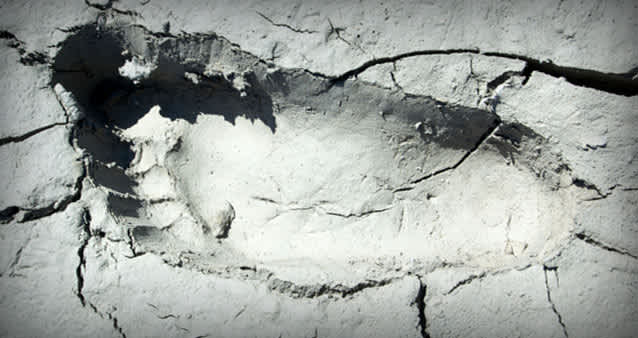Is it Legal to Hunt Bigfoot?
OutdoorHub Reporters 05.07.12

Cryptomundo reader John Lloyd Scharf was wondering just that. His curiosity led him to send a letter to the Texas Parks and Wildlife Department (TPWD) asking whether it is legal to kill Bigfoot in the state if one should chance upon him. The TPWD Chief of Staff Lt. David Sinclair replied that because an indigenous cryptid is not listed as a game animal, it would be legal.
So when Texas hunters’ tags are all filled, they can still go hunting for the elusive Bigfoot. As long as a hunter is hunting on private property with landowner consent, there is no bag limit or no possession limit and no season (meaning hunting is allowed year-round) for hunting a non-protected, non-game animal, which includes Bigfoot.
This is the response from Lt. Sinclair to Scharf:
Mr. Scharf:
The statute that you cite (Section 61.021) refers only to game birds, game animals, fish, marine animals or other aquatic life. Generally speaking, other nongame wildlife is listed in Chapter 67 (nongame and threatened species) and Chapter 68 (nongame endangered species). “Nongame” means those species of vertebrate and invertebrate wildlife indigenous to Texas that are not classified as game animals, game birds, game fish, fur-bearing animals, endangered species, alligators, marine penaeid shrimp, or oysters. The Parks and Wildlife Commission may adopt regulations to allow a person to take, possess, buy, sell, transport, import, export or propagate nongame wildlife. If the Commission does not specifically list an indigenous, nongame species, then the species is considered non-protected nongame wildlife, e.g., coyote, bobcat, mountain lion, cotton-tailed rabbit, etc. A non-protected nongame animal may be hunted on private property with landowner consent by any means, at any time and there is no bag limit or possession limit.
An exotic animal is an animal that is non-indigenous to Texas. Unless the exotic is an endangered species then exotics may be hunted on private property with landowner consent. A hunting license is required. This does not include the dangerous wild animals that have been held in captivity and released for the purpose of hunting, which is commonly referred to as a “canned hunt”.
If you have any questions, please contact Assistant Chief Scott Vaca. I have included his e-mail address. I will be out of the office and in Houston on Friday.
Best,
L. David Sinclair
Chief of Staff – Division Director ITexas Parks and Wildlife Department
Law Enforcement Division
4200 Smith School Road
Austin, TX 78744Office 512.389.4854
Cell 512.971.2668
Fax 512.389.8400
“Texas Game Wardens Serving Texans Since 1895-Law Enforcement Off the Pavement”
From: Peter Flores
Sent: Thursday, May 03, 2012 5:59 PM
To: David Sinclair
Subject: Fw: TAKING WILDLIFE RESOURCES PROHIBITEDPlease respond.
Pf
Unfortunately for Texans, Bigfoot is purported to inhabit forests in the Pacific Northwest of America in places such as California, Oregon and Washington, though that doesn’t mean he can’t migrate south, of course.

